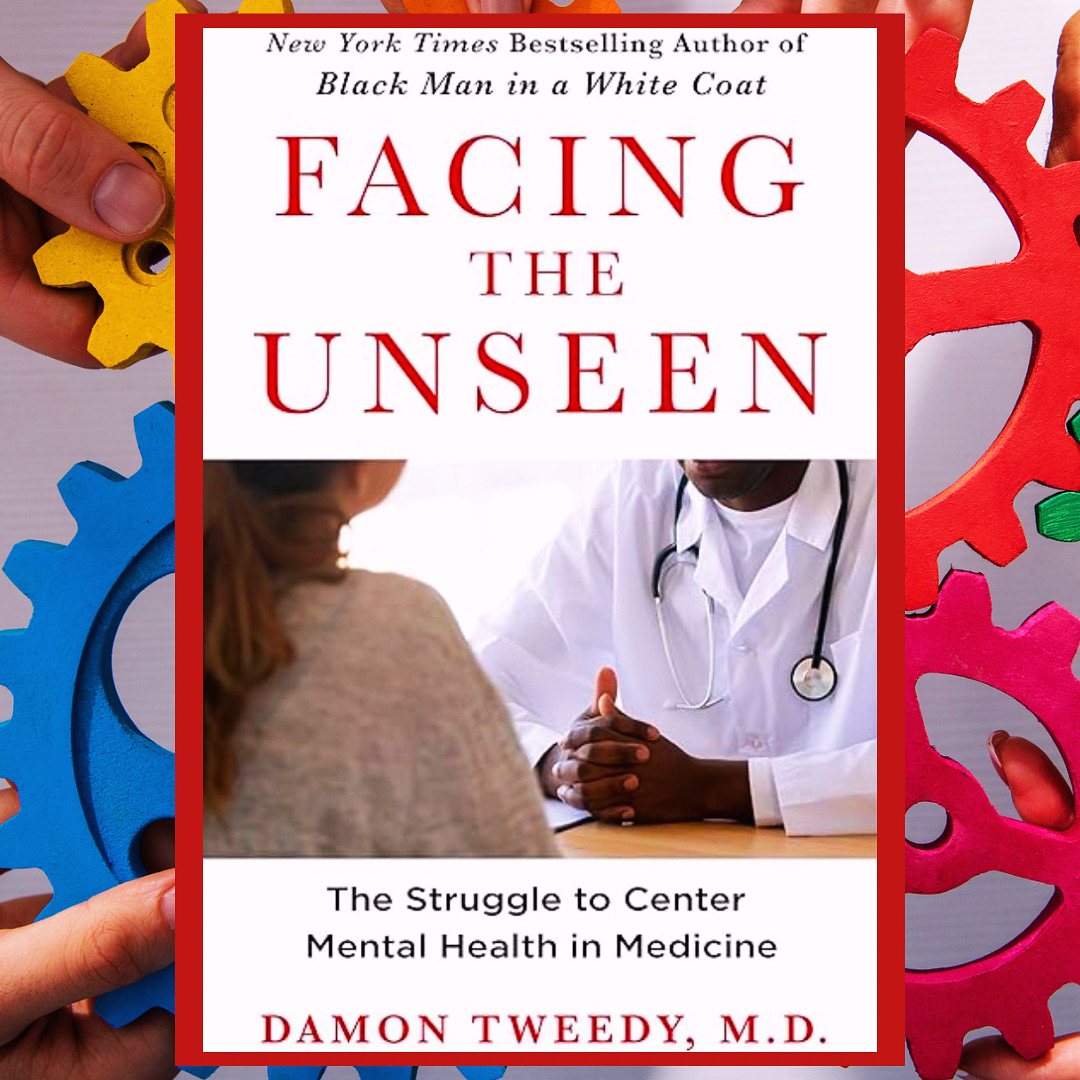🌟🌟🌟🌟🌟
An immensely readable discussion of the U.S health care system and its treatment of mental health illness, as seen by a practicing physician and psychiatrist.
Damon Tweedy, M.D has penned a book that is not only informative and thought provoking, but easy to read, blending the insightful story-telling of selected anecdotal case studies, with the research, facts and learnings tied into the author’s overarching themes and conclusions.
Beginning with the historical challenges of the viewing of psychiatry, as a medical discipline, we learn about the current-day invisible boundaries faced by psychiatrists (and their patients) due to the field’s perceived “fuzziness” stemming from the lack of the “hard” biological tests and markers used to denote medical illness.
As Dr Tweedy (a practitioner in the U.S state of North Carolina) covers the prevalence of mental illness within the U.S. health care system (not to mention the hidden epidemic within the ranks of trainee doctors themselves), with overmedicated yet still skyrocketing depression and anxiety permeating our culture, and the difficulties and dangers inherent in treating some forms of mental illness (eg bipolar and schizophrenia), it was eye-opening for this reader to discover the full extent of the marginalization of these psychiatric patients, — in the eyes of state law, as well as the limited insurance coverage, therapeutic and treatment options readily available to them.
Perhaps, most poignantly, this is seen in the patients who receive treatment as veterans, — many struggling with mental illnesses that include PTSD, military sexual trauma (MST), and associated addictions to drugs (opioids as perhaps the most insidious) and alcohol – the very patients requiring perhaps the most empathy, yet in many ways receiving the worst of society’s (and the health care systems) stigma, suspicion, and judgement.
Are psychiatrists, front-line medical practitioners and advocates for the mentally ill, destined to remain mere prescription dispensers – or as Dr Tweedy suggests, is there a case for deeper integration of mental health with physical health providers – in the collaborative practice (and underlying understanding) of medicine, as a whole?
A thoughtful and important book — highly recommended to anyone interested in the unseen (and populous) world of mental illness, amongst us — and the compassionate, informed, and enlightened alternatives that may just offer hope, and a path to wider-scale healing.



